We all know that extremely low temperatures and cold during winter can lead to our home pipes bursting. This is why homeowners take precautionary measures and insulate their pipes in advance.
But is it possible for the pipes to burst in summer?
This is what we are going to figure out today.
This article will teach you what causes a pipe to burst in summer. You will learn about the most common reasons that lead to this disaster with your plumbing.
In addition, we will explain how to fix it if it happens to you and your home. Also, we will tell you how to prevent a pipe burst.
What Causes a Pipe to Burst In Summer?
We are mainly used to the idea that water pipes tend to burst during the winter months. Low temperatures and cold all contribute to higher pressure on the plumbing system. As a result, especially if you have old pipes, they will most likely not manage such challenges and burst.
However, you will be surprised to learn that pipes can also burst in summer! This problem occurs even more often than in winter. Why is that? Let’s try to figure it out. A regular household uses between 80 and 100 gallons of water every day in summer.
Also, this is the time of year when we take showers and bathe more often. Also, we do more laundry during the summer and water our lawns. As a result, our homes’ water systems get a more significant summer workload.
Below, you can check out several common problems that can turn good and well-working pipes into a plumbing catastrophe. With this information in mind, you will know what could make your pipes burst in summer.
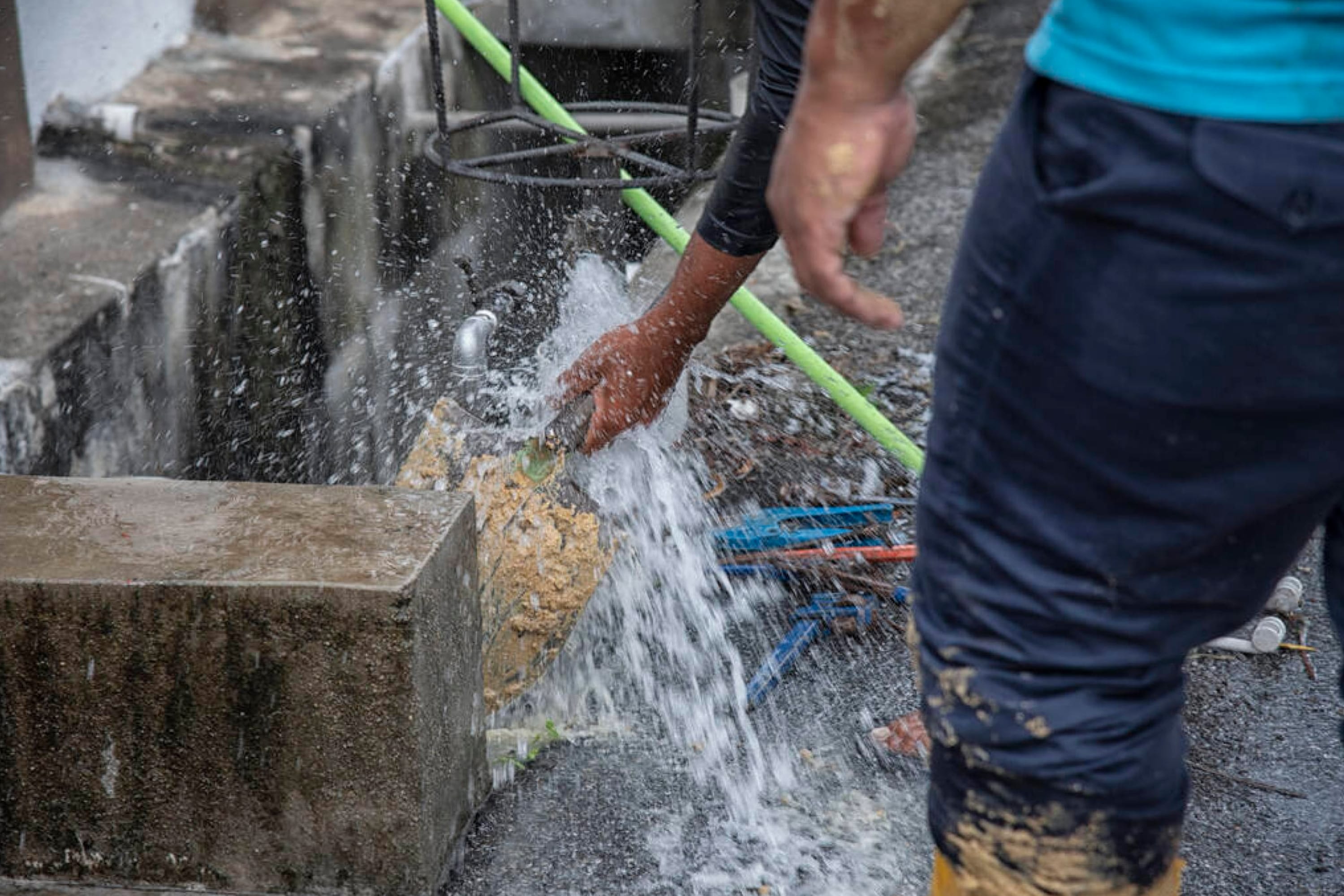
Tree Roots Might Be the Culprit
Since trees need water to grow, they will reach for any water sources in the ground. This is why the deep roots of the trees you have on your land will be naturally drawn to any leaks in outdoor pipes (if there are any).
If you don’t do anything about it, these roots will exert enormous pressure on plumbing after a while. They may damage your sewage lines, which will result in broken bathroom pipes.
Extended Wet And Dry Spells
After a heavy rain, the soil around the house remains soggy. If you have rains frequently, too much water will lead to an instantly soggy soil. If there is a prolonged dry spell afterward, it will cause the soil to loosen and shift. In most cases, plumbing isn’t always accustomed to this type of pressure. As a result, its movement can make your pipes rupture inside your home.
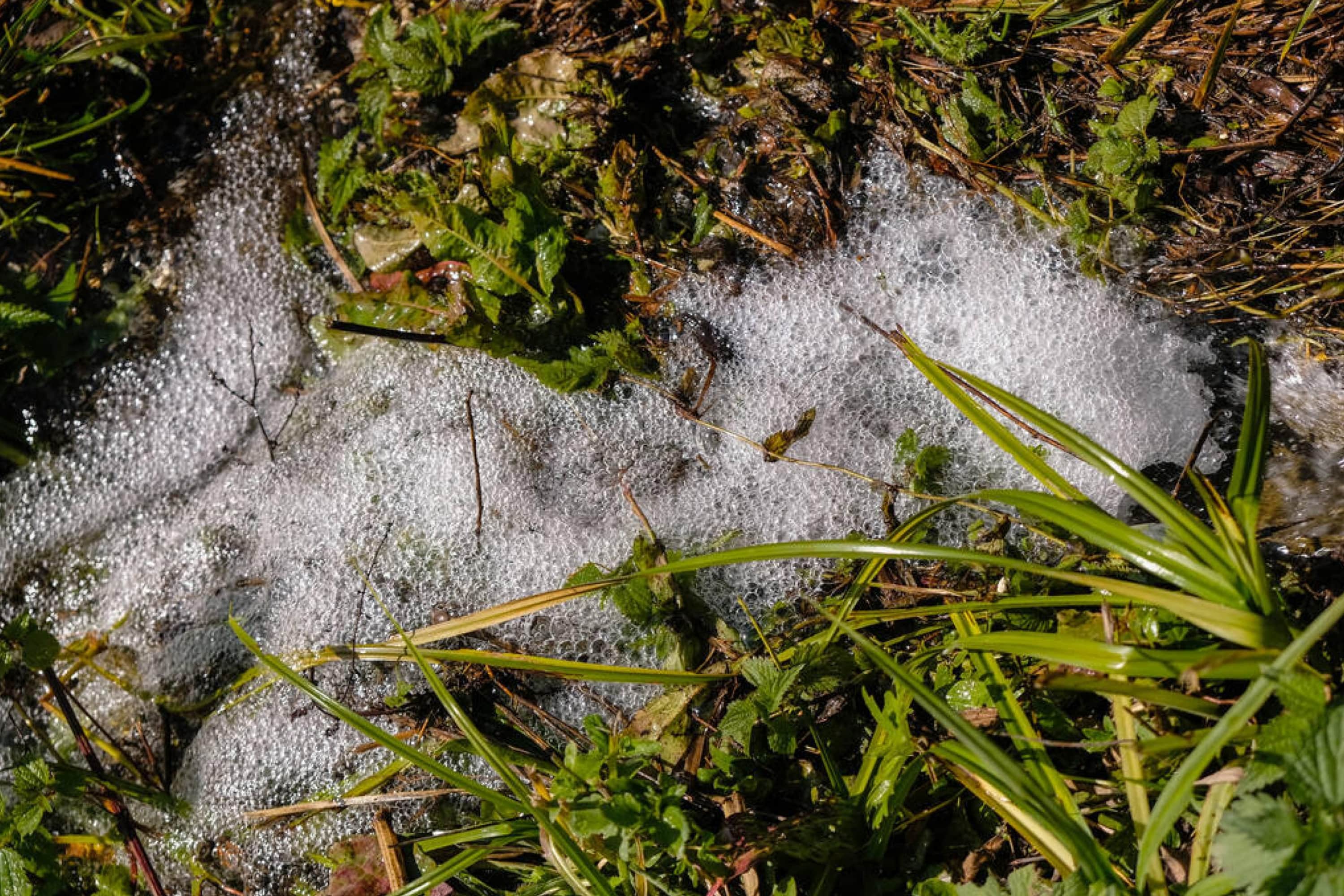
There Can Be Rust In Your Metal Pipes
If you have metal pipes, you should be aware of rust! Rust is the biggest downside of metal plumbing since it weakens pipe walls and affects joints and seals. Warm, wet weather only speeds up the process.
As a result, your metal pipes become vulnerable to fluctuating water pressure. Also, rusty pipes develop leaks and eventually burst. You can easily tell there is rust inside your metal pipes if you see yellow or brown faucet water.
Wear And Tear Of Pipes May Lead to a Burst
This is the most genuine reason for your pipes bursting in summer. They can simply be way too old to function correctly and withstand the water pressure! At this point, you should know how long your pipes may last.
For instance, galvanized steel pipes tend to fail after 20 to 50 years. PVC pipes last much longer. But still, activities like foundation work or construction nearby can cause breaks in all types of plumbing, including copper and brass.
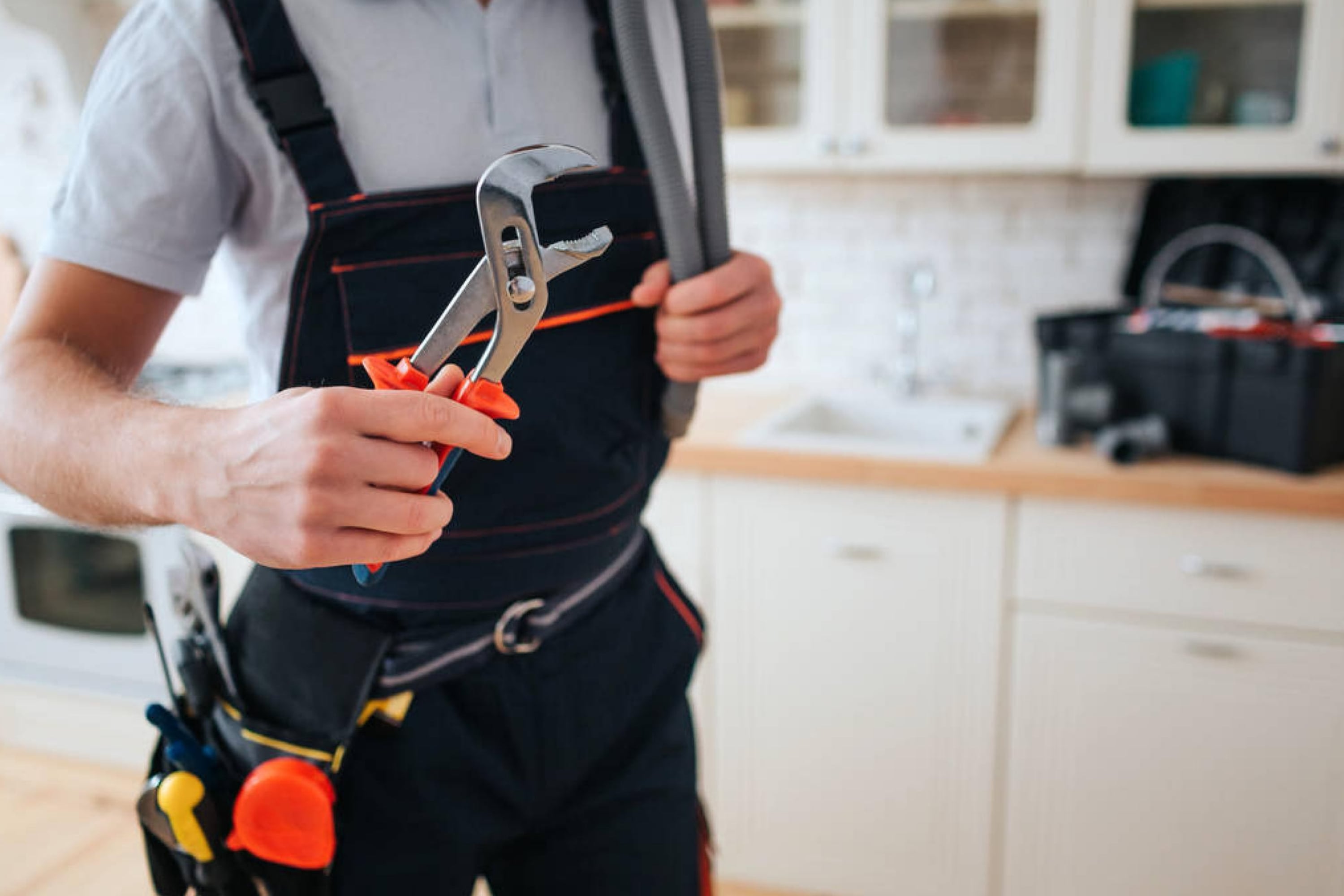
Hard Water May Damage Your Pipes
Hard water is another culprit for pipes bursting. If the water in your area has high levels of magnesium and calcium, those will develop thick build-up inside your water pipes after a while. This will lead to slowing down the flow.
Think of increased water usage in the summer, and you will understand how pipes can be affected by hard water and why they are more likely to break in this case.
Check For Any Clogs In Your Pipes
Clogs belong to the most common problem that makes your pipes burst. When we cook or do laundry, cooking grease and laundry lint (as well as laundry products residue) build up on the inside of the pipes walls.
As a result, this accumulated build-up in your home sewage lines restricts the water flow and leads to clogs that will later make your pipes burst. Even water softener systems create plumbing problems! So if you notice low water pressure, this can be a warning sign of clogs in pipes!
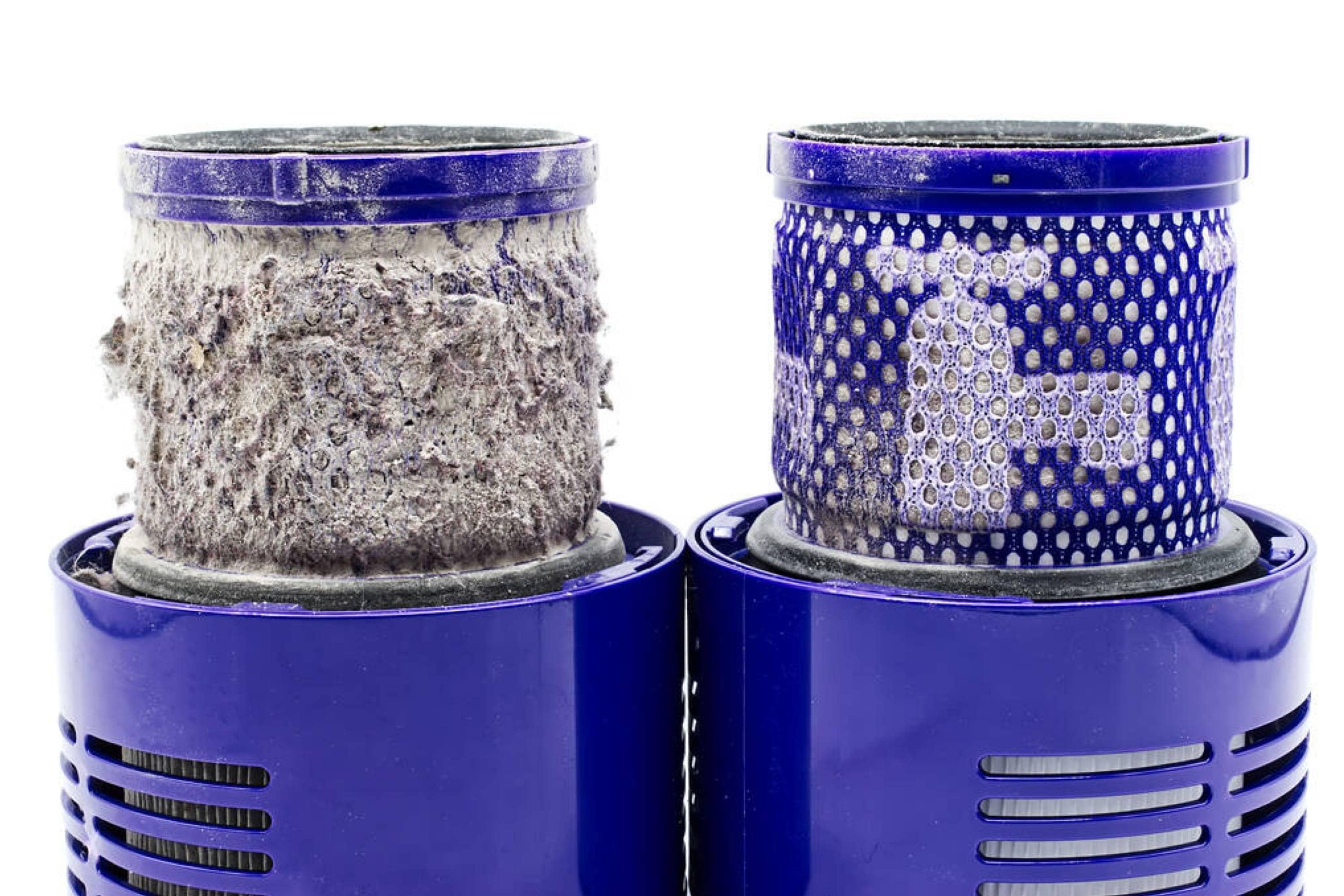
Improperly Made Pipe Repairs
If you had any issues with your pipes and they were fixed wrong, those “fixed” areas may later result in pipe bursts. Faulty pipe patches and other repairs do more harm than good. Whether you did it yourself or hired a plumber, bad repairs can cause ruptured pipes in the summer. This is why you should always hire an experienced plumber before your pipes are fixed.
Now you know what can make your pipes burst in summer. As you can see, this problem is not only common during winter. Summer can also make a surprise that will require your instant attention and extra money on repairs.
This is why you should be ready for any unexpected situations and know what to do should your pipes burst.
What to Do If Your Pipes Break Or Burst?
When a pipe breaks in the house, you must act quickly, otherwise, water can flood the whole building! This is why we recommend you take a little time and become more familiar with your home’s plumbing. Also, it might be a good idea to stock up on DIY repair options just in case.
To keep damage from a broken pipe under control, follow these tips and recommendations:
- Turn off your home’s water supply at the main cutoff valve immediately.
- Drain pipes by running cold water faucets and flushing toilets.
- Locate the break and fix it with epoxy putty or a pipe repair clamp.
- Dry affected areas thoroughly by running fans for two or three days.
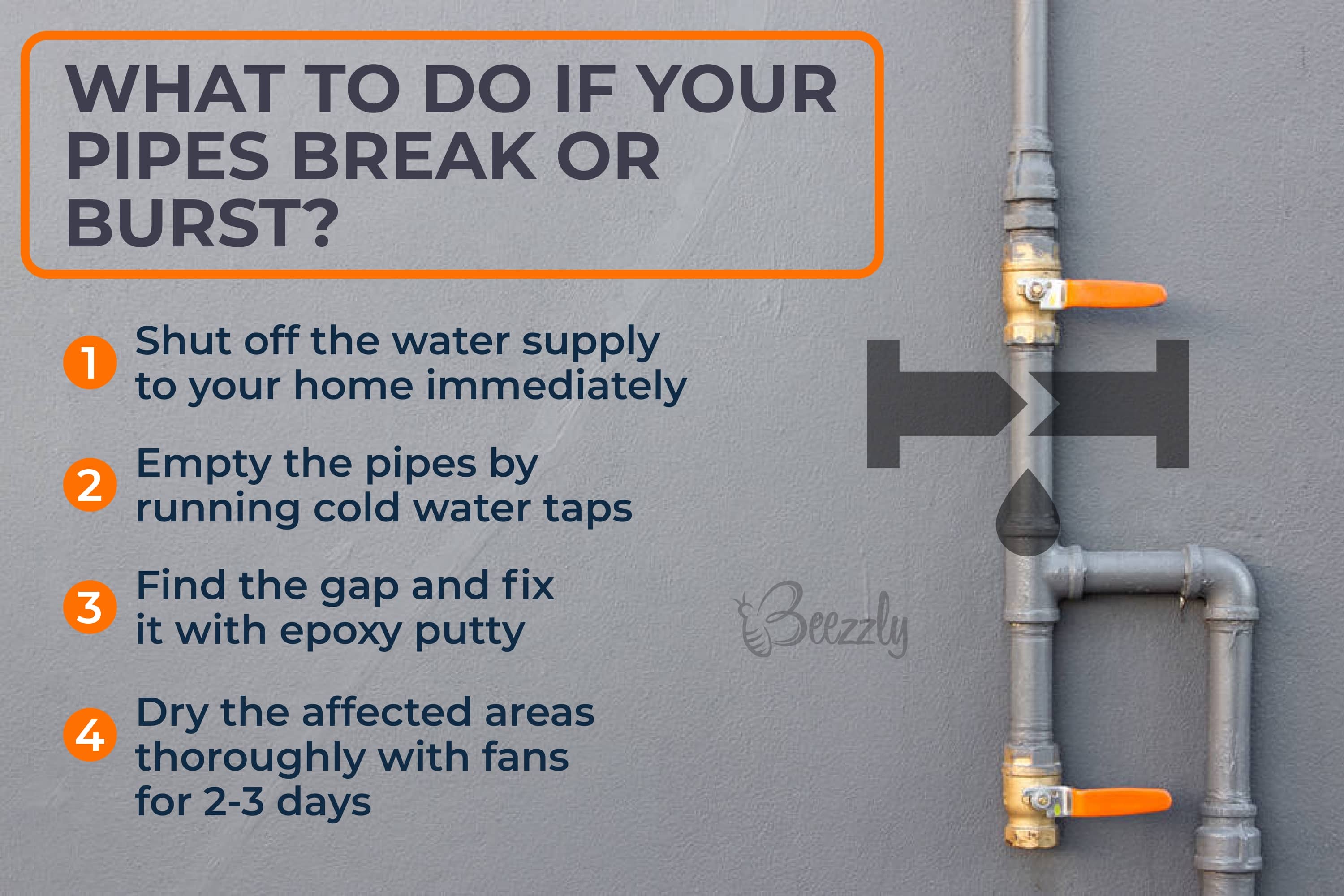
And of course, don’t forget to contact your insurance company if repairs and cleanup turn out to be more than you can handle! Most homeowners’ insurance policies cover burst pipe water damage. Besides, your agent can recommend a qualified contractor for restoration works.
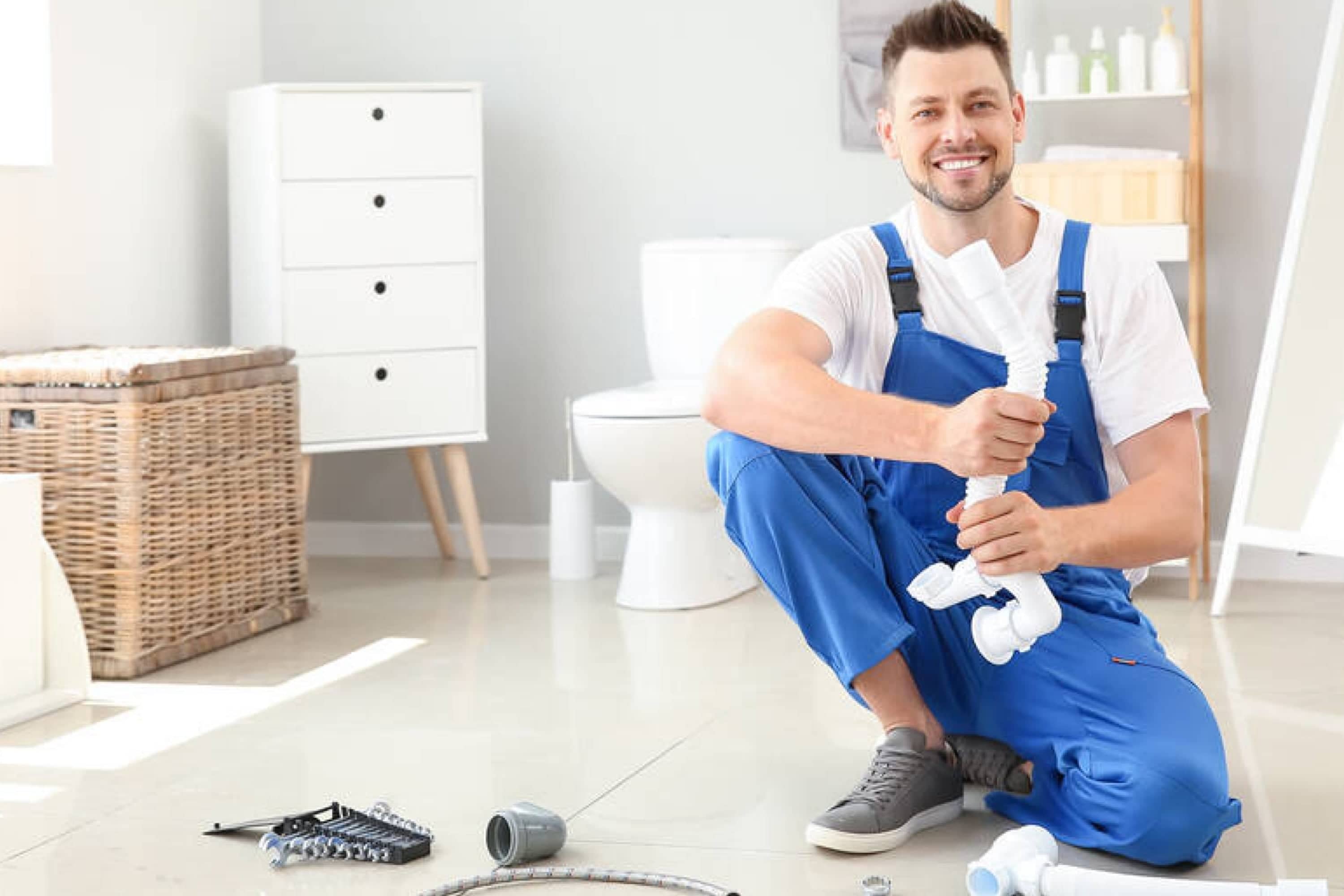
How to Prevent a Pipe From Bursting In Summer?
It is always easier to prevent a water pipe burst than fix it after it happens.
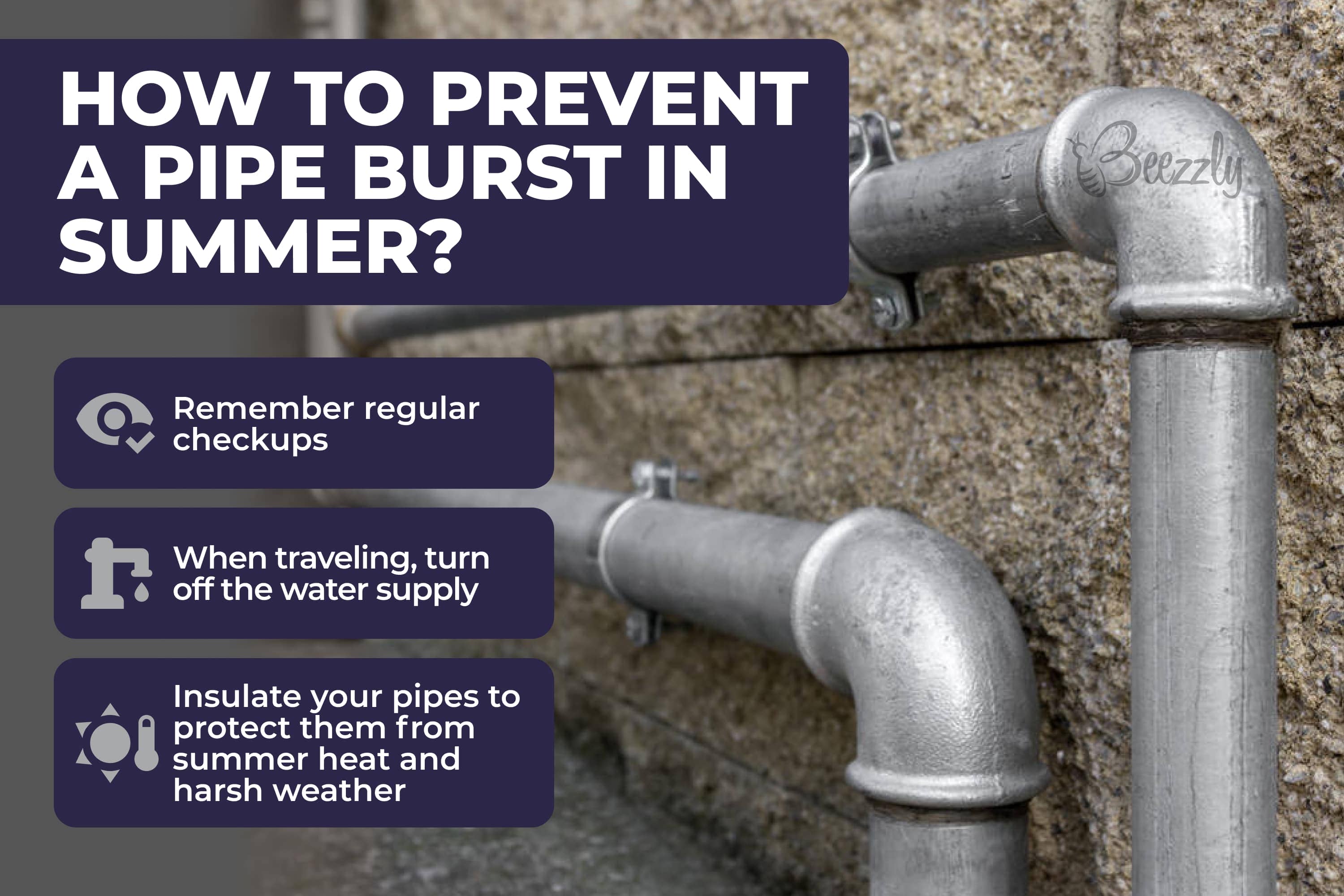
So if your pipes are doing well right now and show no signs of damage, you should make sure you take all the precautionary measures to make them last longer, remaining the same efficient!
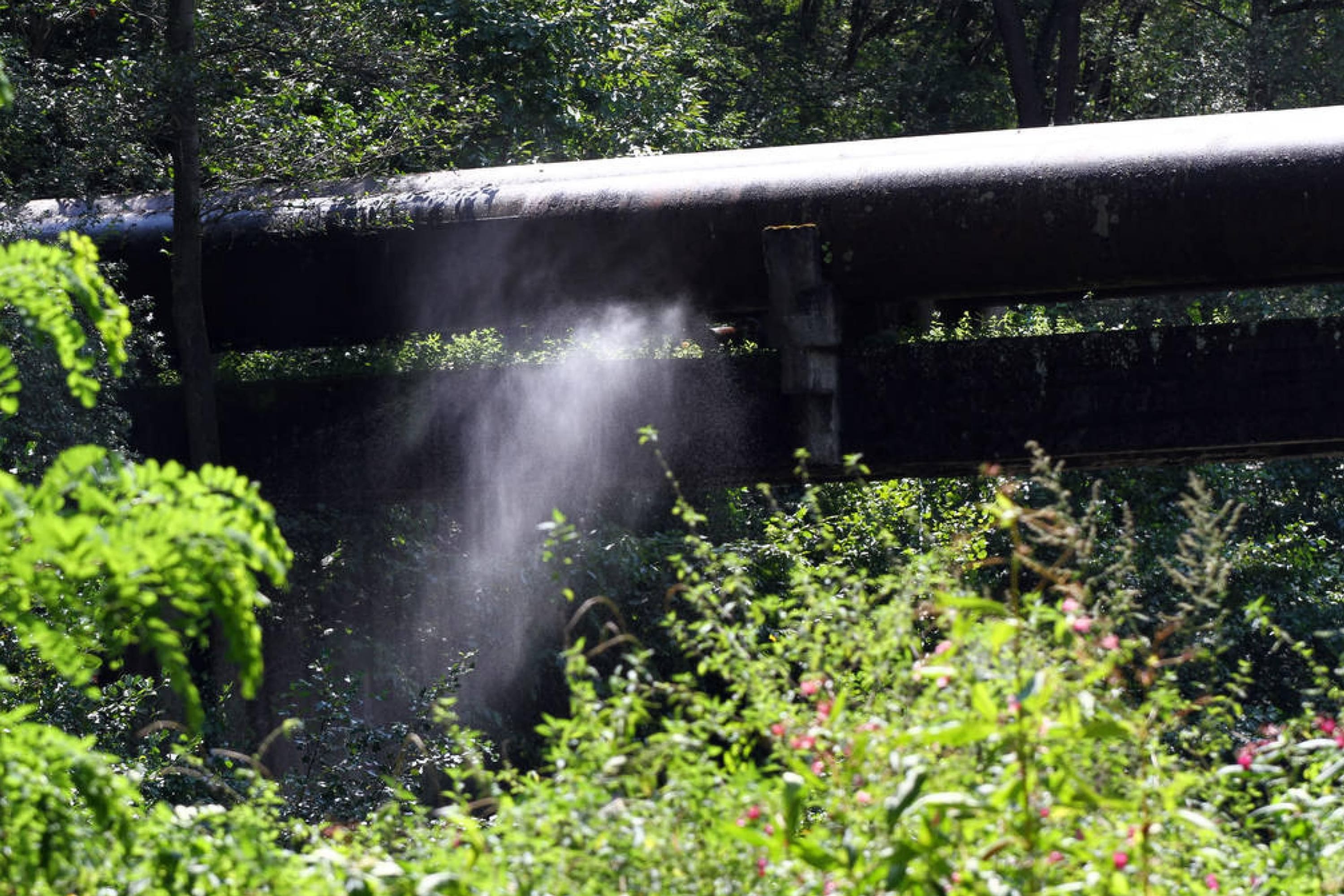
Remember About Regular Checkups
The best way to avoid burst pipes in the summer is to check them on a regular basis. It is best to do annual checkups, but if, for any reason, you cannot do annual inspections, do them every other year. The more often you have the pipes inspected, the less likely they will burst and flood your home.
When You Go Travelling, Cut off Water Supply
Homes often flood in the summer when owners leave for a vacation. During this time, the pipes are left unattended, and tiny leaks remain unnoticed and unfixed for too long.
When the weather gets extremely hot, it can make the pipes to burst. As a solution, you could ask a friend or relative (or a neighbor) to stop by every few days and give your home a quick check, making sure everything is okay.
Insulate Your Pipes to Protect Them From Summer Heat and Harsh Weather
Insulating tape or wraps can protect your pipes from harsh weather, both hot and cold, during the summer and winter. During the winter, pipes can burst at a freezing temperature of zero degrees Celsius or 32 degrees Fahrenheit.
In summer, pipes may collapse if it’s too hot for an extended time. To insulate them you may be able to do this yourself, but a professional pipe specialist can help you do it correctly.
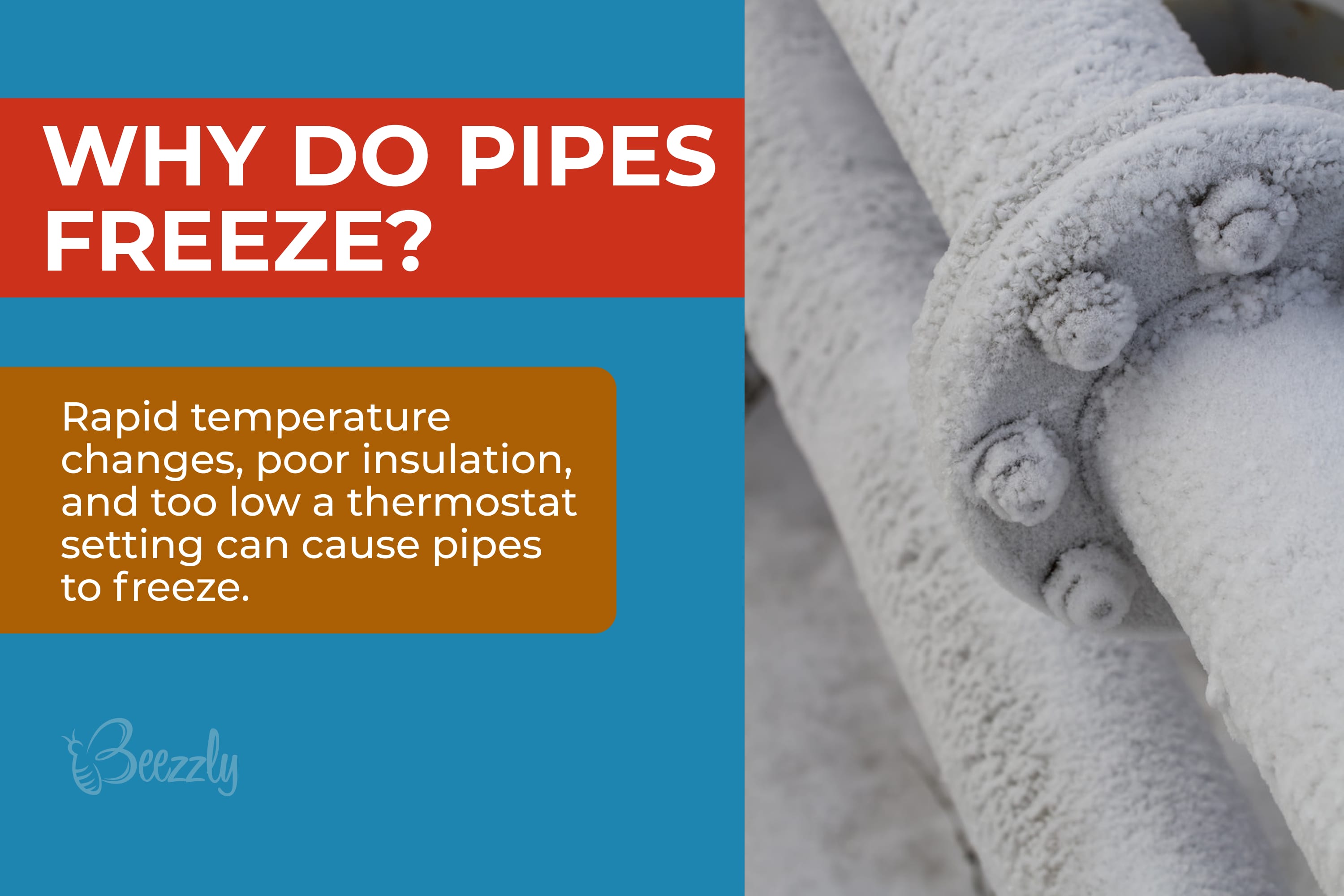
Now you know what to do to protect your water pipes in detail. We explained why pipes tend to burst even in summer and what steps should be taken to keep them safe and sound longer. You got a detailed guide on pipe maintenance, as well as a list of tips that can help you fix a bursting pipe quickly if the damage is not too severe yet.
However, we would like to emphasize the necessity of regular pipe checks and also, the importance of proper pipe insulation. Both will allow you to make your pipes serve you longer, remaining free from build-up and leaks.
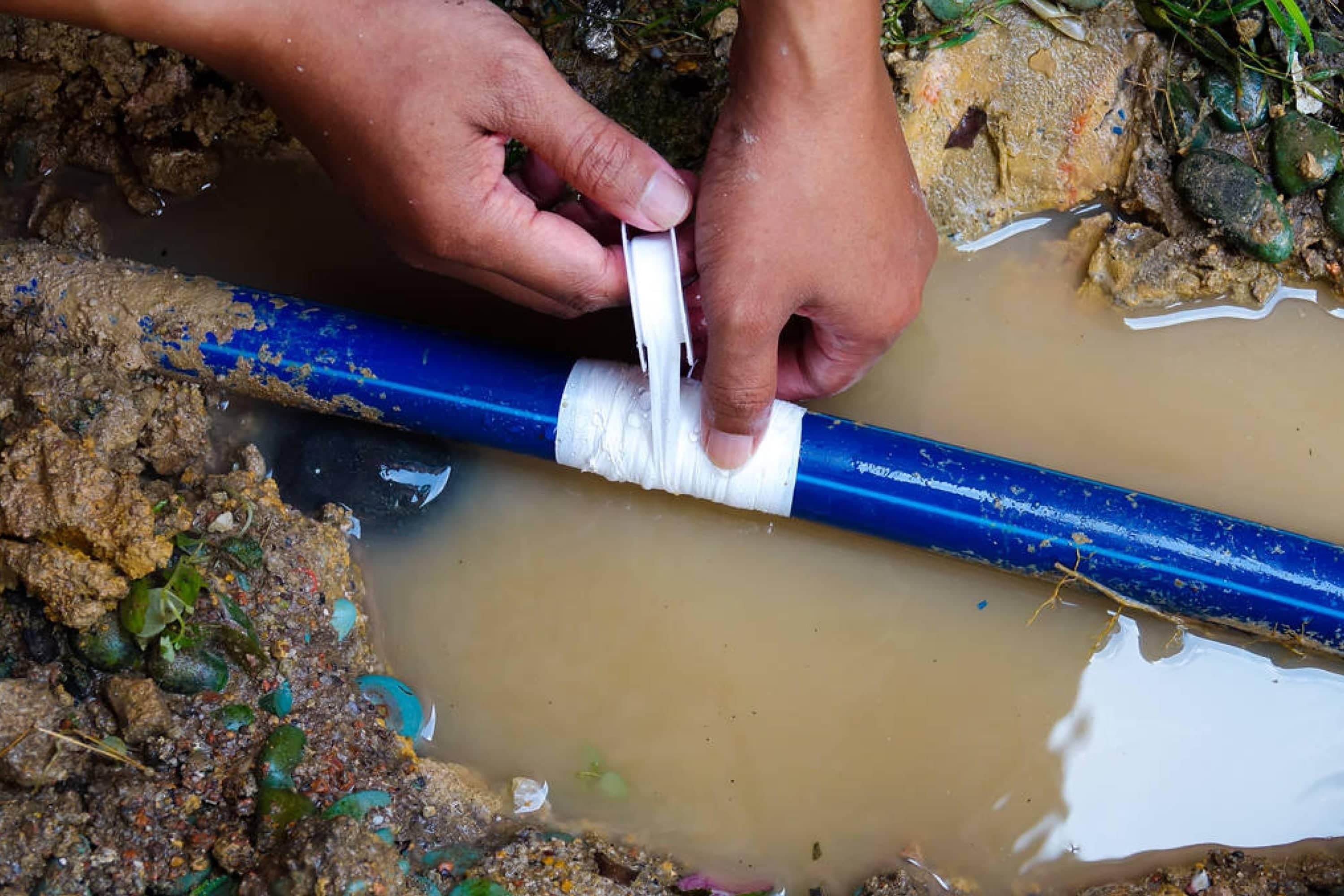
[wp-faq-schema title=”Frequently Asked Questions”]
Hi! Since you’re explaining things about pipes bursting in summer, I have a question. Will insurance cover the expenses of a pipe repair if the pipe bursts in the summer?
Hi! I’m not a pro, but I guess that it depends on your specific insurance type. I know that most insurance companies do provide coverage for this kind of occasion. But this is not a 100% guarantee! So you’d better double-check.
If a pipe at my neighbor’s upstairs bursts and floods my apartment, who shall pay for the repair? Shall we share the cost?
I guess you should discuss it with your neighbor. But as I see this situation, it’s your neighbor who should pay because it was their pipe that flooded your home!